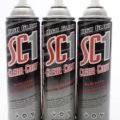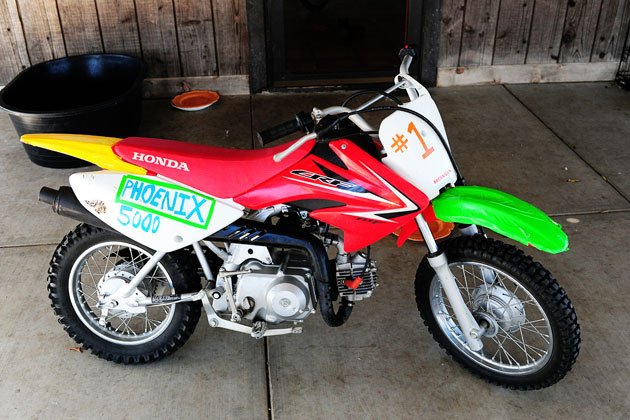 It’s often said that mechanics make horrible racers. They’re simply too concerned about damaging the machine to have a viable career on the track. Using this line of reasoning I suppose it could also be argued that people who favor the right side of their brain would make horrible mechanics, as they’re more preoccupied with the way things appear than the way things function. Personally, I believe that anyone – even art history majors and Broadway show tune composers – can become a halfway decent DIY mechanic, provided they start off with some sound fundamentals.
Here’s five fundamental tips for the budding DIY mechanic – generalizations that should be memorized and implemented before even touching a tool box.
#1 Get Organized
It’s often said that mechanics make horrible racers. They’re simply too concerned about damaging the machine to have a viable career on the track. Using this line of reasoning I suppose it could also be argued that people who favor the right side of their brain would make horrible mechanics, as they’re more preoccupied with the way things appear than the way things function. Personally, I believe that anyone – even art history majors and Broadway show tune composers – can become a halfway decent DIY mechanic, provided they start off with some sound fundamentals.
Here’s five fundamental tips for the budding DIY mechanic – generalizations that should be memorized and implemented before even touching a tool box.
#1 Get Organized
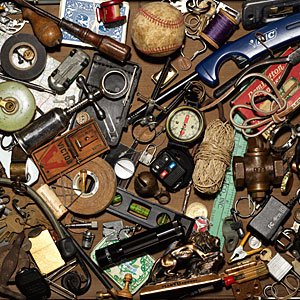 The right tool for the right job is a catch phrase that’s been around forever. Well, it’s hard to use the right tool if you can’t find it. Keep your tools organized, clean, and in good working order – they exist to make your life easier and save you money.
The same goes for stocking parts in your garage. You might have just purchased a brand new throttle cable last week, but if you can’t find it, you don’t have one.
Organization shouldn’t be limited to just the tool box or parts shelf either. When disassembling mechanical parts, document what goes where and the order in which pieces were removed. Does anyone have a cell phone without a camera anymore? There’s no excuse not to take extensive pictures of your project. Lay parts out as they would be found in a diagram, just not on the floor where the cat might puke on them or they could be accidentally tripped over and scattered.
#2 Expect the Unexpected
Murphy’s law states that anything that can go wrong, will. This is the reason that mechanics (and lawyers) tend to charge by the hour. You can’t use the wrong size socket on an engine oil drain plug for two years and then be shocked that the flats are stripped out and the plug won’t come off. It’s not a conspiracy. Leave yourself plenty of time to address the unexpected and have materials on hand to deal with contingencies.
#3 Keep it Simple
I was minding my own business one day when I suddenly had intense, crippling chest pain. I was certain it was a heart attack and I was headed for my dirt nap. Then I belched like a frat boy at a keg party and instantly felt better. The moral of the story? Don’t assume the worst. If your engine won’t start it doesn’t necessarily mean the piston is seized, just start with the basics – fuel, air, and spark.
The right tool for the right job is a catch phrase that’s been around forever. Well, it’s hard to use the right tool if you can’t find it. Keep your tools organized, clean, and in good working order – they exist to make your life easier and save you money.
The same goes for stocking parts in your garage. You might have just purchased a brand new throttle cable last week, but if you can’t find it, you don’t have one.
Organization shouldn’t be limited to just the tool box or parts shelf either. When disassembling mechanical parts, document what goes where and the order in which pieces were removed. Does anyone have a cell phone without a camera anymore? There’s no excuse not to take extensive pictures of your project. Lay parts out as they would be found in a diagram, just not on the floor where the cat might puke on them or they could be accidentally tripped over and scattered.
#2 Expect the Unexpected
Murphy’s law states that anything that can go wrong, will. This is the reason that mechanics (and lawyers) tend to charge by the hour. You can’t use the wrong size socket on an engine oil drain plug for two years and then be shocked that the flats are stripped out and the plug won’t come off. It’s not a conspiracy. Leave yourself plenty of time to address the unexpected and have materials on hand to deal with contingencies.
#3 Keep it Simple
I was minding my own business one day when I suddenly had intense, crippling chest pain. I was certain it was a heart attack and I was headed for my dirt nap. Then I belched like a frat boy at a keg party and instantly felt better. The moral of the story? Don’t assume the worst. If your engine won’t start it doesn’t necessarily mean the piston is seized, just start with the basics – fuel, air, and spark.
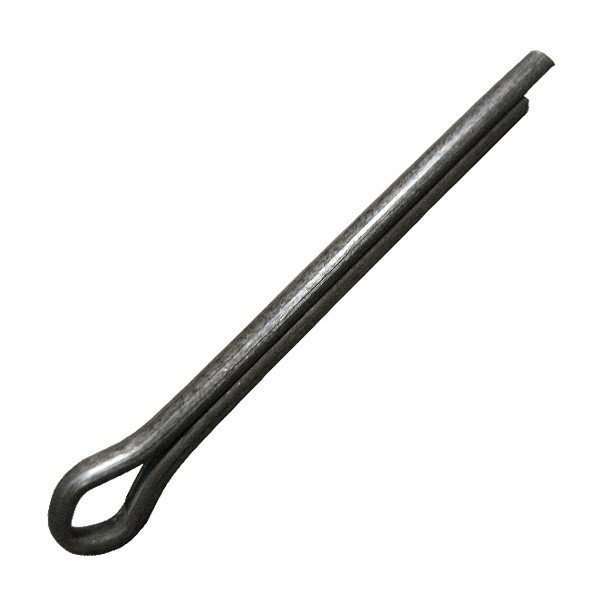 #4 DON’T Recycle Hardware
Cotter pins, lock washers, and lock nuts aren’t designed to be used over and over again. The only machinery that’s exempt from this is rides at the county fair – not knowing if the hardware that holds The Gravitron together is about to fail and catapult you through the front windshield of somebody’s van parked a half mile away makes the experience that much more thrilling.
#4 DON’T Recycle Hardware
Cotter pins, lock washers, and lock nuts aren’t designed to be used over and over again. The only machinery that’s exempt from this is rides at the county fair – not knowing if the hardware that holds The Gravitron together is about to fail and catapult you through the front windshield of somebody’s van parked a half mile away makes the experience that much more thrilling.
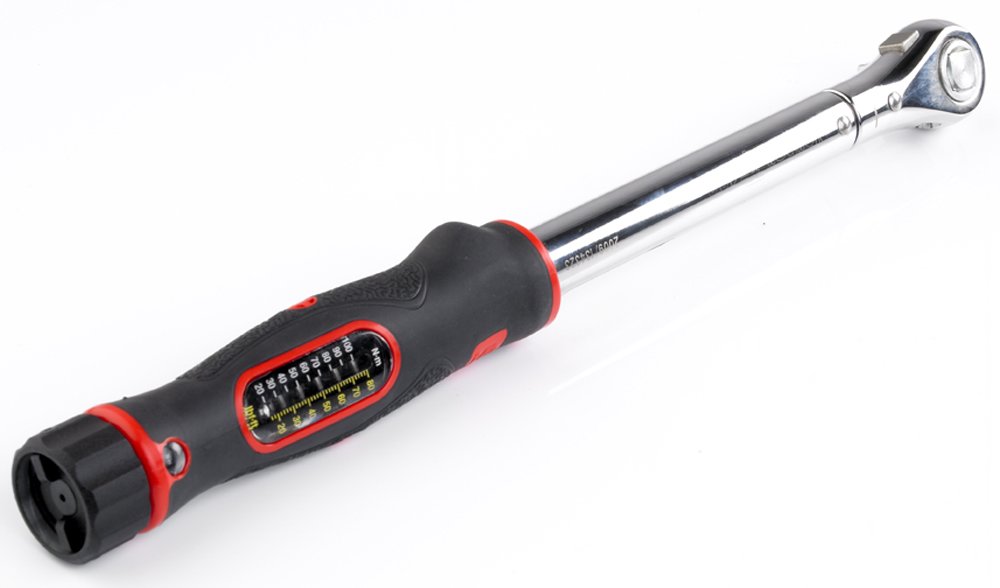 #5 Use a Torque Wrench
How tight is tight? That depends on whether you’re a ‘roided up wrestler or a frail 90-year-old bulimic vegan woman. If nuts and bolts are over tightened they can stretch threads or shear off completely. If they’re not tight enough parts and pieces can become loose and fall off. Using appendage torque (tightening down on something until your elbow clicks) is asking for trouble – invest in a real torque wrench.
Between these fundamental rules and the vast resources of the internet, there’s no reason not to attempt your own basic repairs. If it all goes horribly wrong at least you’ll suddenly have a new appreciation for professional mechanics and their rates will seem much more economical.
#5 Use a Torque Wrench
How tight is tight? That depends on whether you’re a ‘roided up wrestler or a frail 90-year-old bulimic vegan woman. If nuts and bolts are over tightened they can stretch threads or shear off completely. If they’re not tight enough parts and pieces can become loose and fall off. Using appendage torque (tightening down on something until your elbow clicks) is asking for trouble – invest in a real torque wrench.
Between these fundamental rules and the vast resources of the internet, there’s no reason not to attempt your own basic repairs. If it all goes horribly wrong at least you’ll suddenly have a new appreciation for professional mechanics and their rates will seem much more economical.





